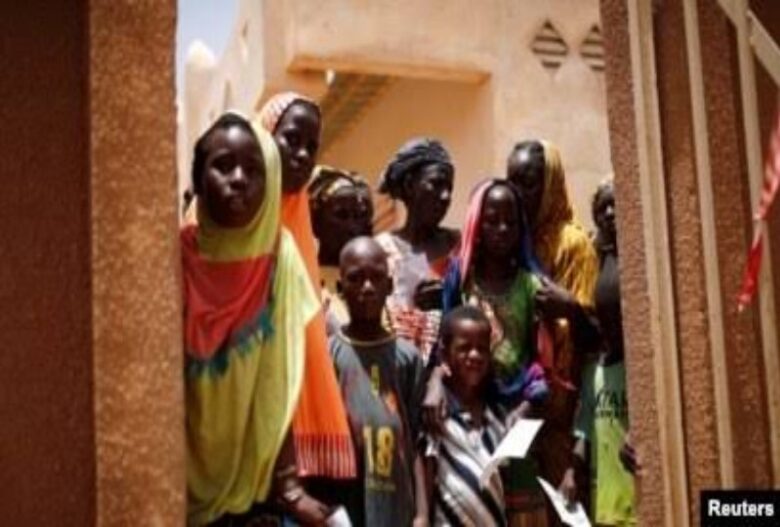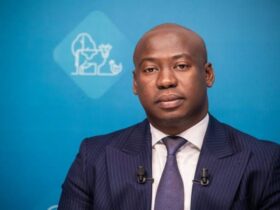The August 2020 coup, driven by public frustration with corrupt leadership backed by former colonial power France, a growing jihadist insurgency, and economic struggles, has left many still waiting for the promised improvements.
The ripple effect of Mali’s 2020 coup has deepened instability in the Sahel region, leading to political upheavals and worsening security conditions.
Neighboring countries like Burkina Faso and Niger have seen similar military takeovers, fueled by frustrations over ineffective governance and the relentless jihadist threat.
These coups have only added to the challenges faced by the region, where economic difficulties and security concerns remain deeply intertwined.
Despite the hope for positive change following the ousting of corrupt leaders, many residents in these nations continue to endure hardship and uncertainty.
Mali’s military rulers, who took control in a second coup in 2021, have indefinitely postponed the elections that were initially promised for February, citing technical difficulties.
This delay has further fueled frustrations among residents already struggling with worsening economic conditions and frequent power cuts.
Allasana Ag Agaly, a silversmith, expressed the widespread impact, stating, “If the head of the family goes out in the morning and comes back at night without being able to work to bring something to his family, it will affect the children, the women, and everyday life.”
Economic growth in Mali is predicted to decrease to 3.1% this year from 3.5% last year, as extreme poverty continues to rise, affecting nearly 90% of the population, according to the World Bank.
Mali’s military leaders, along with those in Niger and Burkina Faso, expelled French and U.N. forces that had been fighting Islamist insurgents for a decade, choosing to seek assistance from Russia instead.
Despite the ongoing challenges, some residents remain hopeful, seeing the current struggles as a cost of achieving greater independence from France.
“Political independence without economic independence is senseless,” said Bamako resident Alkady Haidara. “I urge Malians to be patient; difficult times are part of the journey toward a brighter future.”









Got a Question?
Find us on Socials or Contact us and we’ll get back to you as soon as possible.